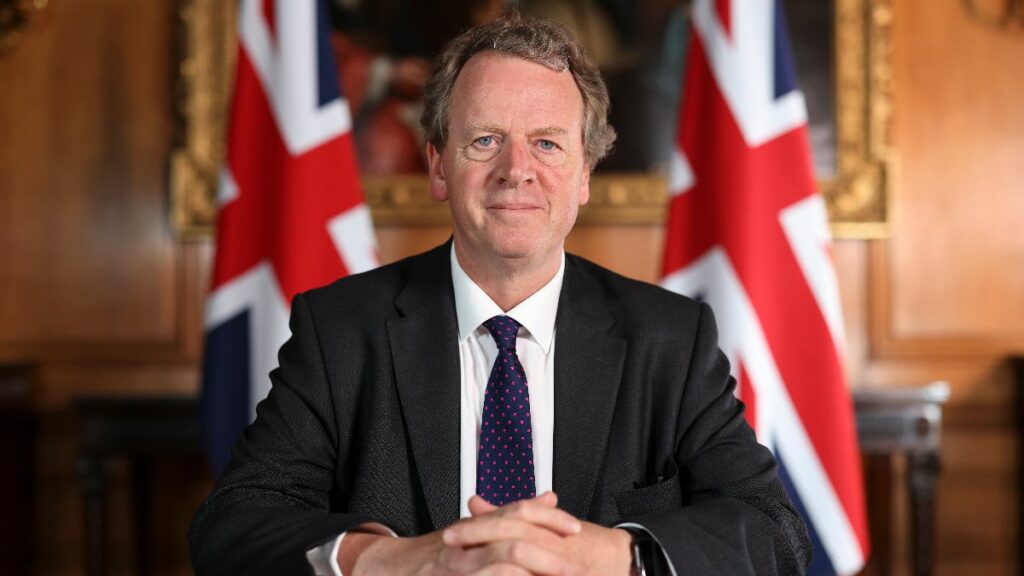The British government has blocked the enactment of a Scottish transgender law by vetoing it.
At end-December 2022, the Scottish Parliament passed a Gender Recognition Reform Bill which simplifies the legal conditions for changing gender identity. The new legislation proposes lowering the age of application for gender identity change to 16, eliminating the medical diagnosis of gender dysphoria as a condition for identity change, and shortening the time it takes for an applicant to legally change gender.
But on Tuesday, UK Secretary of State for Scotland Alister Jack issued a so-called Section 35 order preventing the law from taking effect.
To have the force of law, laws in the United Kingdom must be signed by the King. This is called the Royal Assent and is considered a mere formality. However, the British government can refuse to submit a bill to the Royal Assent through Section 35 Order if it sees Great British laws affected by it.
In the present case, the UK government fears a negative impact on the application of UK-wide equality laws. The proposed legislation, Jack said, could lead to gender tourism: for example, people who change their gender in Scotland would have a different legal gender when they are in the rest of the United Kingdom.
The veto is explosive because it has now been used for the first time since the establishment of the Scottish Parliament in 1998, and there are quite a few politicians in Scotland who want independence from the United Kingdom. Scotland’s First Minister, Nicola Sturgeon (SNP), accordingly described the veto from Westminster as a “frontal attack against our democratically elected Scottish Parliament.”
The Scottish government has announced it will legally challenge the veto of the transgender bill.
Are you interested in the pro-life and pro-family movement? Always stay up to date – subscribe to our newsletter! Register here. Daily news from the English-speaking countries and the whole world!
